Get In Touch
-
Write Us a Message
-
Request a Callback
-
Get a quote
PROTECT YOUR INFRASTRUCTURE.
ITCS is a cloud services provider that offers a comprehensive range of security solutions to businesses of all sizes.
What is Cloud Security?
It is the set of practices, technologies, policies, and controls implemented to protect data, applications, and infrastructure hosted in cloud computing environments. It is essential because organisations increasingly rely on cloud services and platforms to store, process, and manage their data and applications.

Key aspects of Cloud Security include:
Ensuring the confidentiality, integrity, and availability of data stored in the cloud is a primary concern. Encryption, access controls, and data loss prevention measures are used to protect sensitive information.
Controlling and managing who has access to cloud resources is crucial. IAM solutions enable organisations to grant or revoke access privileges, enforce strong authentication, and monitor user activities.
Protecting the cloud environment from network-based threats is vital. This includes firewall configurations, intrusion detection and prevention systems, and secure network design.
Meeting regulatory and compliance requirements is essential, especially for organisations in highly regulated industries. This security helps organisations adhere to industry-specific standards and regulations.
Many elements of this security depend on the CSP’s own security practices. Evaluating a CSP’s security measures, including physical security, data encryption, and compliance certifications, is essential when choosing a cloud provider.
Organisations using multiple cloud providers must have a strategy to secure their resources consistently across different platforms.
CSPM tools help organisations assess and maintain the security posture of their cloud assets, ensuring they align with best practices and compliance requirements.
Why is Cloud Security Important?
- Data Protection: It safeguards vast amounts of sensitive data, including customer information, financial records, and intellectual property, from unauthorised access, breaches, and theft.
- Compliance Requirements: Helps organisations meet data protection regulations, avoiding fines and legal consequences by reducing the risk of non-compliance.
- Cyber Threats: Having this security is crucial as hackers target cloud services and infrastructure with evolving threats like ransomware, phishing, and DDoS attacks.
- Shared Responsibility: Security in the cloud is a shared responsibility between the cloud service provider (CSP) and the customer. Organisations must take proactive steps to secure their data and applications in the cloud, as CSPs typically provide security up to the infrastructure level.
- Data Mobility: Cloud-based data and applications are accessible from anywhere, increasing the risk of unauthorised access. Having this type of security ensures data remains protected whether accessed from the office, home, or remotely.
- Reputation Management: Preserves trust with customers, partners, and stakeholders by preventing damage from security breaches.
This security is essential as it protects sensitive data, ensures compliance with regulations, maintains business continuity, defends against cyber threats, and safeguards an organisation’s reputation. It is a fundamental aspect of modern business operations, allowing organisations to leverage the benefits of the cloud securely and confidently.
Siderise Ltd
 As a large business, we have huge demands on our IT system and ITCS has got it covered.
As a large business, we have huge demands on our IT system and ITCS has got it covered.
They are super professional, knowledgeable and more importantly, the customer service is exemplary.
Renault Dealership
 ITCS’s commitment to enhancing our online presence through meticulous SEO strategies has yielded remarkable results. Our website’s visibility and engagement have notably improved, leading to increased brand recognition and business growth. This success can be attributed to their in-depth knowledge of SEO intricacies and their proactive approach to adapting strategies to suit our evolving needs.
ITCS’s commitment to enhancing our online presence through meticulous SEO strategies has yielded remarkable results. Our website’s visibility and engagement have notably improved, leading to increased brand recognition and business growth. This success can be attributed to their in-depth knowledge of SEO intricacies and their proactive approach to adapting strategies to suit our evolving needs.
Bridgend Citizens Advice
 ITCS went above and beyond by offering insightful consultancy with regards to upgrading our hardware infrastructure and implementing robust disaster recovery plans. They provided invaluable guidance and implemented solutions such as a new UPS and disaster recovery solutions with both local and offsite data backups, ensuring our business is well-prepared for any unforeseen events.
ITCS went above and beyond by offering insightful consultancy with regards to upgrading our hardware infrastructure and implementing robust disaster recovery plans. They provided invaluable guidance and implemented solutions such as a new UPS and disaster recovery solutions with both local and offsite data backups, ensuring our business is well-prepared for any unforeseen events.
Sony Global Manufacturing
 ITCS deliver a prompt, quality service building and supplying test computers to our requested specifications. They understand our business needs and deliver an excellent service
ITCS deliver a prompt, quality service building and supplying test computers to our requested specifications. They understand our business needs and deliver an excellent service






 CLOSE
CLOSE











